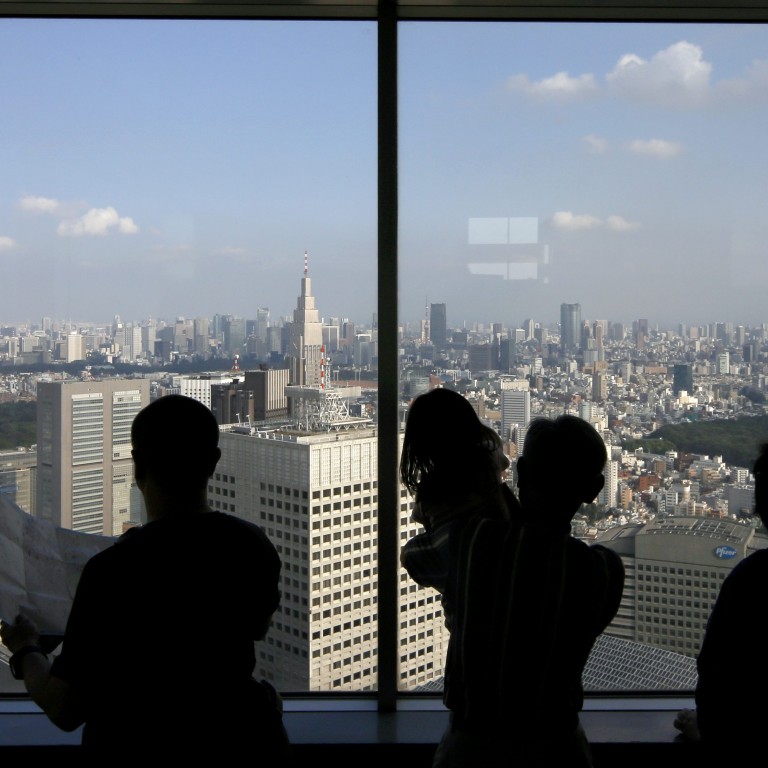
Unnerved by US-China trade war and deterred by property prices at home, Hong Kong investors are turning to Japan for real estate
- Local investors join others from China in flocking to Japan to buy property, particularly hotels and private lodgings
- Tokyo and Osaka are the main markets of choice, with not even a tough law on home sharing introduced last year, turning off buyers
Frankie Leung Kai-ha has bought three properties in Japan over the past three years. The latest one, bought just last month, is a four-storey building that he plans to renovate into an Airbnb private lodging.
The three investments cost about the same as one medium-sized flat in the expensive urban centre of Hong Kong, where Leung lives. His latest deal also came amid the increasingly volatile trade relations between China and the United States, which threaten to undermine the economics of both countries.
“The trade war is one of the major reasons I’ve invested more in Japan. I’m quite concerned about the impact,” said the 36-year-old, who is the co-founder of a bakery in Macau. “I think it’s safer to put some money in Japanese yen in case anything happens.”
Leung is one of a growing number of citizens from China who have found interest in the Japanese property market, especially in hotels and private lodgings.
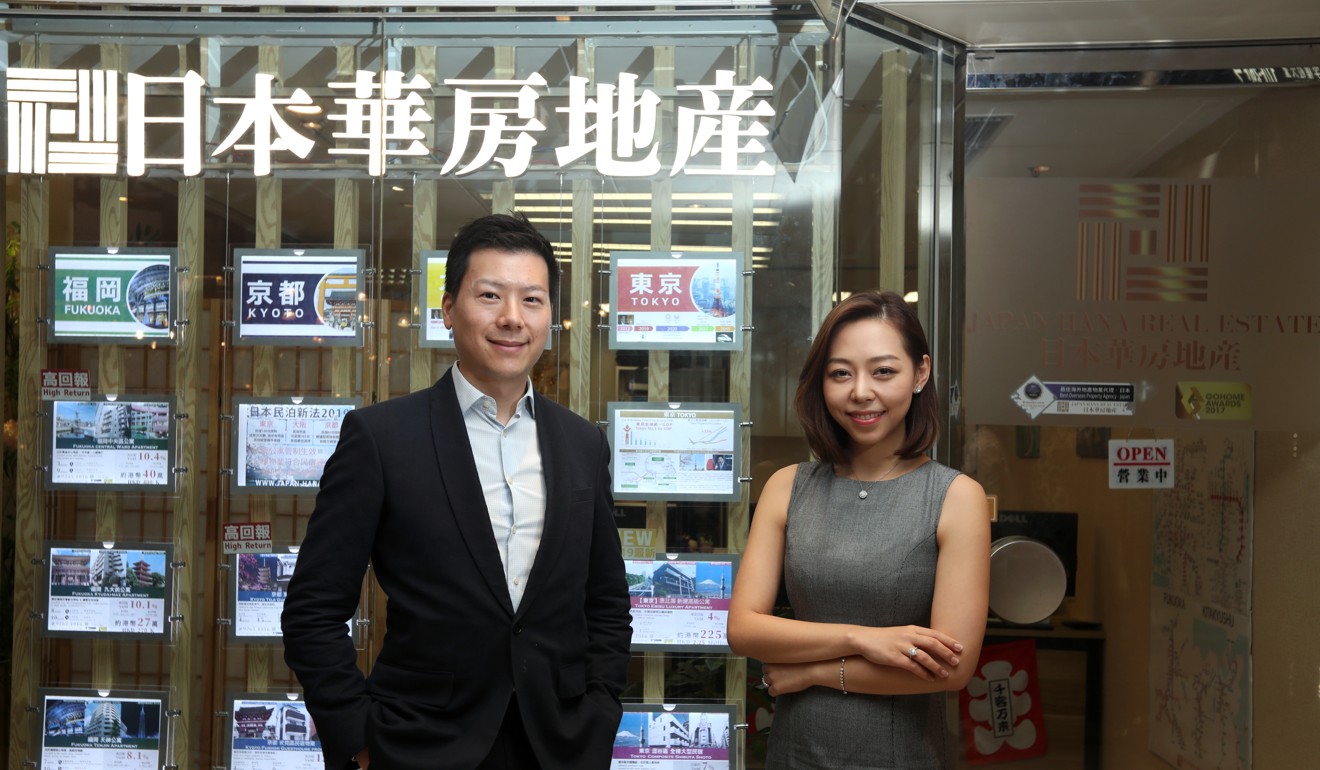
This is despite the island nation’s introduction of a tough law in June last year to regulate the home sharing market – such as Airbnb listings – which requires higher standards for shared lodging homes and limits when and where operators can run such services.
Some Hong Kong property agents told the Post that the rule – known as the minpaku law – had priced out small-time investors with limited budgets, but not buyers with deeper pockets, who have helped drive the investment craze.
Joe Kwan, director of property agency Trusty Group, said the amount of money involved in the company’s Japanese property deals last year was up 30 per cent on 2017, despite a 24 per cent drop in the number of deals.
Kwan observed that those upmarket investors are typically spending tens of millions of Hong Kong dollars on land, hotels, and whole buildings or independent houses designed for home sharing, rather than on cheaper flats in normal residential buildings, which are highly difficult to obtain a private lodging licence for.
Tokyu Livable’s Hong Kong branch, which focuses on serving big-budget clients, said sales had risen by 20 to 30 per cent between 2015-16 and 2017-18. Japan Hana Real Estate said 70 per cent of its business involved shared lodging.
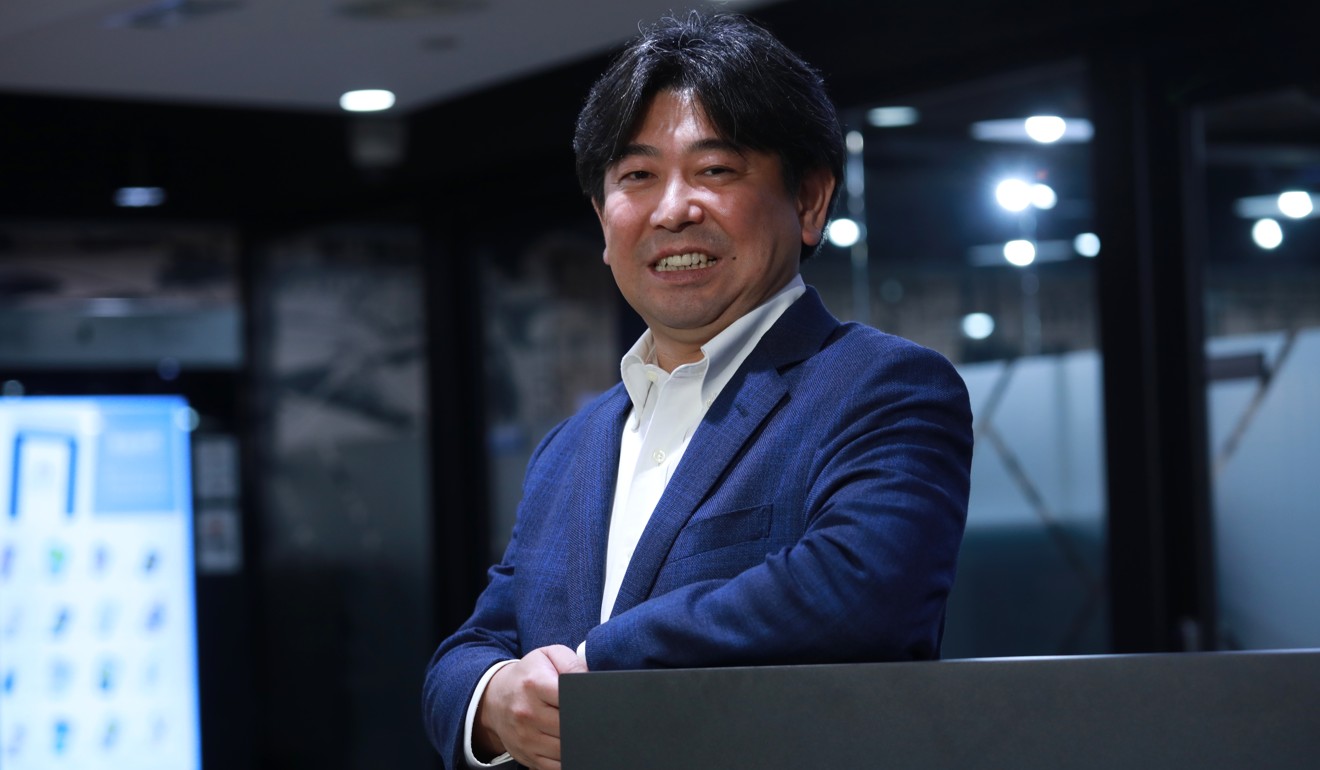
“Indeed, recently about half of our sales involved hotels, and an increasing number of clients are asking about buying private lodgings,” said Masaaki Ishida, branch manager of Tokyu Livable.
According to Chinese overseas property investment portal Juwai.com, the number of Chinese buyers asking about Japanese properties had multiplied almost 13-fold in the first quarter from the same period last year.
Hong Kong buyers’ interest in Japanese property hit as Japan tightens home-share rules
Many investors see Japan as a safe haven against the risks of the US-China trade war, agents said. They added that buyers also held a rosy outlook of the country’s economic and tourism development, with the Tokyo Olympics next year and a plan to develop an integrated casino resort in Osaka, one of Japan’s largest metropolitan areas and the host of the 2025 World Expo.
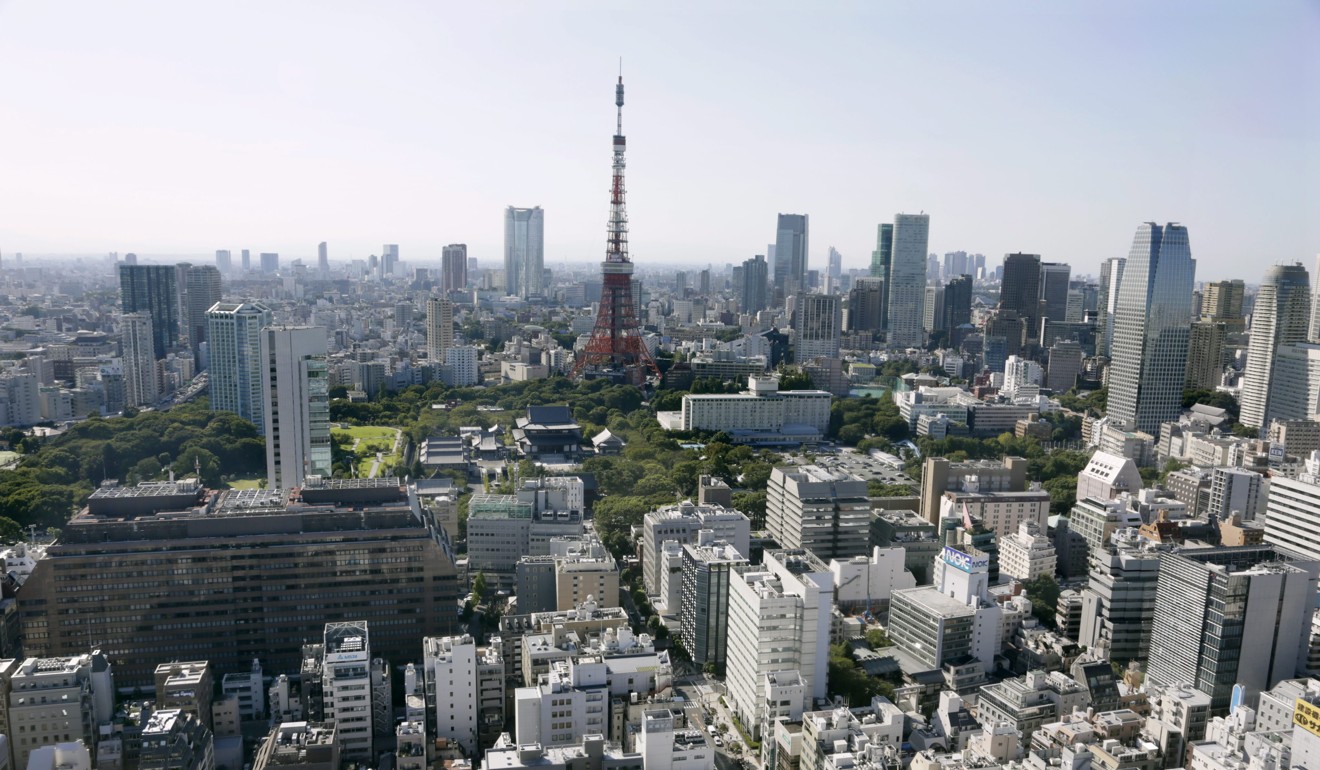
Ishida said that the number of overseas tourist visits to Japan had increased threefold to 30 million last year from 2013, while the country targets to attract 60 million visits by 2030.
“It’s a common concept that all investors believe: where there are people, there are opportunities for investment,” he said.
Japanese property on a roll as Chinese grow weary of traditional hotspots Vancouver, Sydney
Generally, Tokyo and Osaka have benefited the most from the increasing investment, according to agents. However, Osaka had taken over Tokyo in investments in private lodgings, said Glass Wu, CEO and co-founder of Japan Hana.
Wu said that was because the capital city’s property market had become too hot for some buyers, while Osaka remained cheaper and had fewer restrictions in managing private lodgings under the minpaku law.
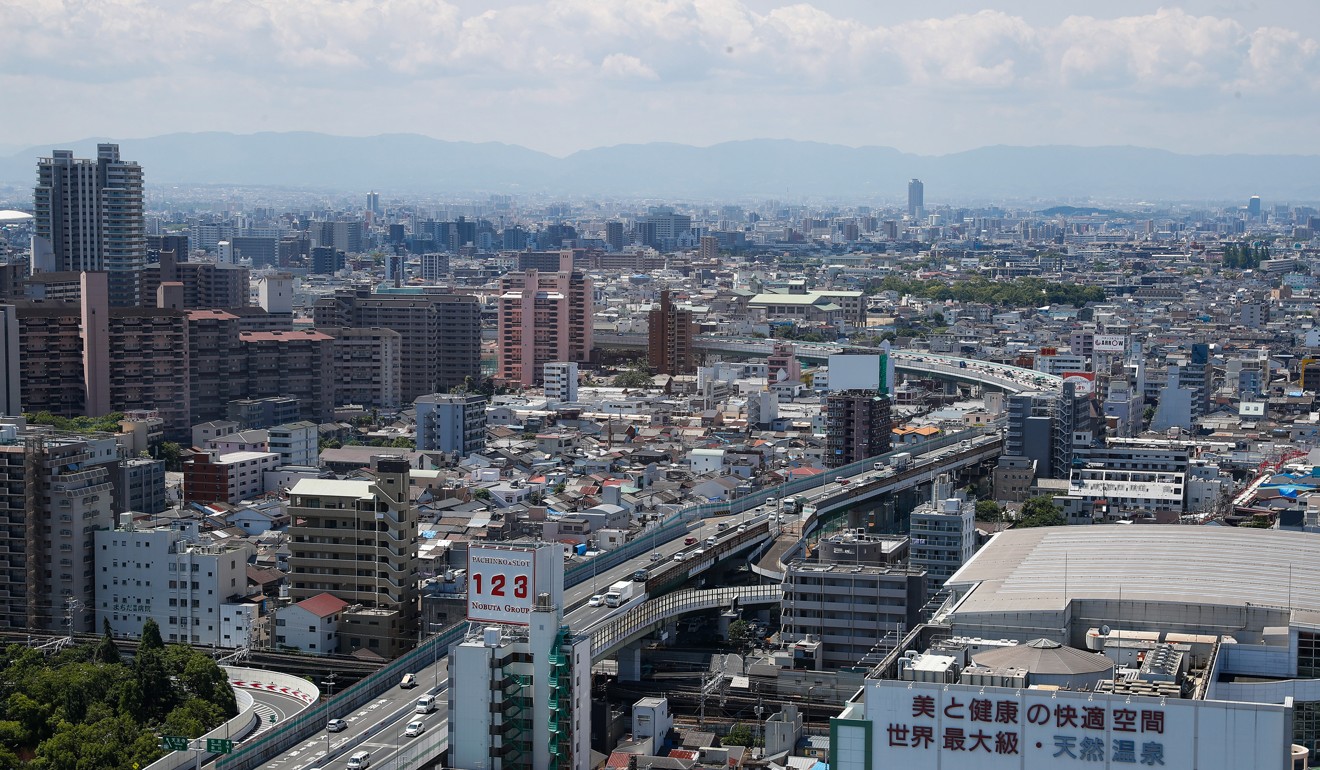
Agents generally agreed that managing private lodgings could normally generate better returns than long-term residential rental, the return on which had been stable at around 4 per cent due to Japan’s rent control system. But they also pointed out risks such as the law limiting periods when the services can operate, and additional management and cleaning fees.
Leung’s three properties, including two flats of around 400 sq ft each for long-term rental and the four-storey building for private lodging, are all at prime locations in Osaka.
Opinion: Outlook for Tokyo’s property market positive as it continues to benefit from investments
The properties cost about HK$10 million (US$1.28 million) in total, which would only get you a flat of about 600 sq ft in Hong Kong’s prime areas.
“I think making any property investment in Hong Kong right now is too risky,” Leung said.
Leung, who lives in a family home in Hong Kong, said he had been waiting for the city’s real estate market to cool down so he could invest here.
However, the wait is likely to last, as the city’s shortage of land may still keep the market going. Two major measures to increase land supply, including 1,000 hectares of artificial islands off Lantau Island and a plan for the government to co-develop farmland with private developers who own the sites, have recently met with delays due to the political turmoil over the extradition bill.
The two measures were expected to see progress last month, but amid numerous protests, marches and non-cooperative movements, the government has pushed the plans back with an uncertain timetable for the projects.
Developers had earlier raised fears that the government might not be able to roll out enough sites for sale next year.

